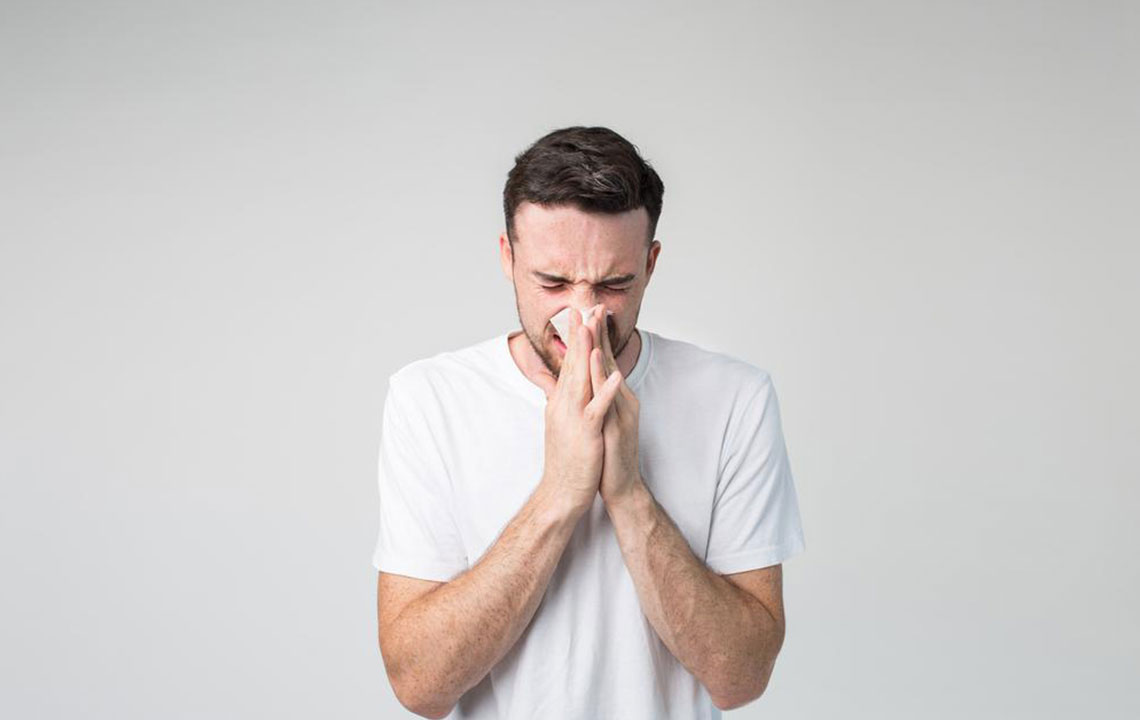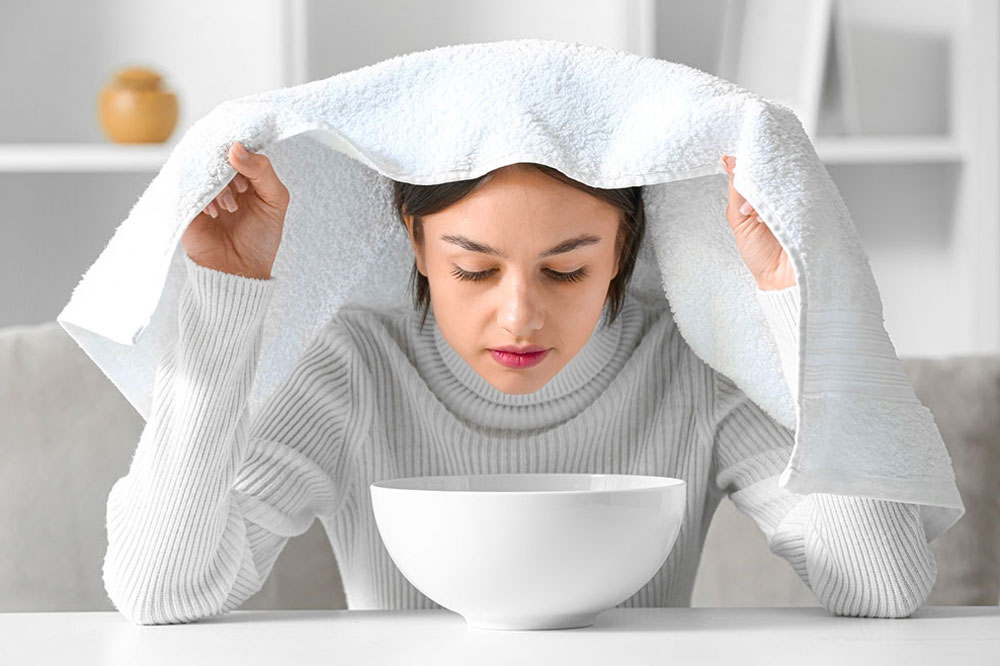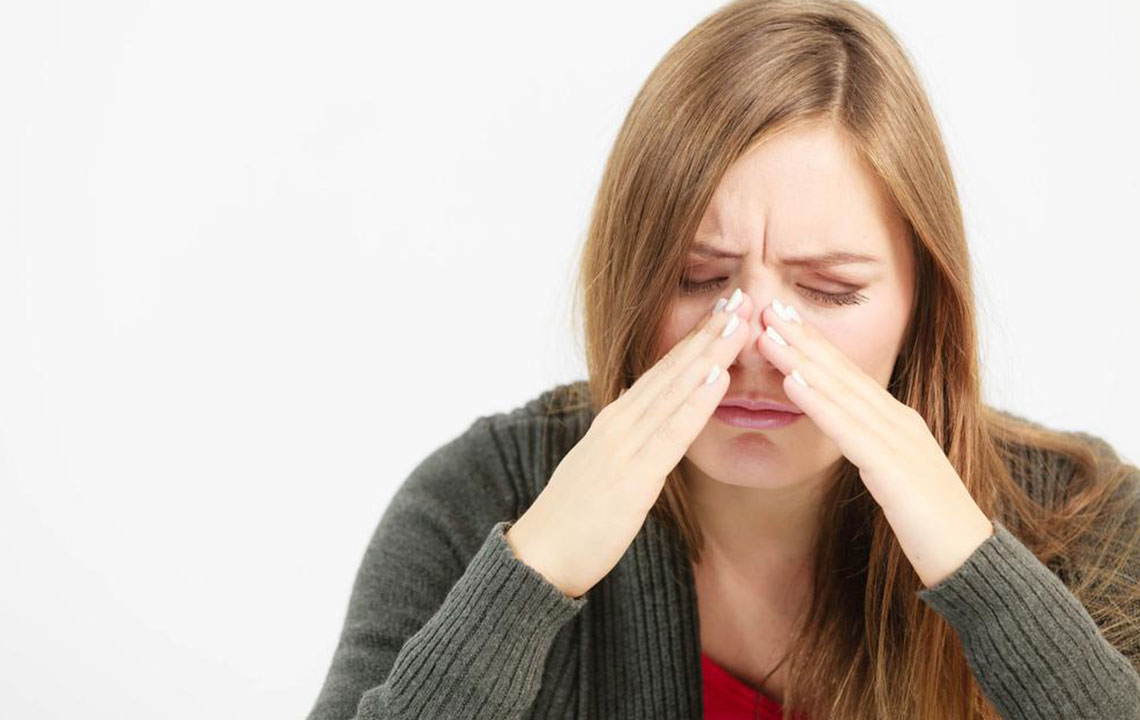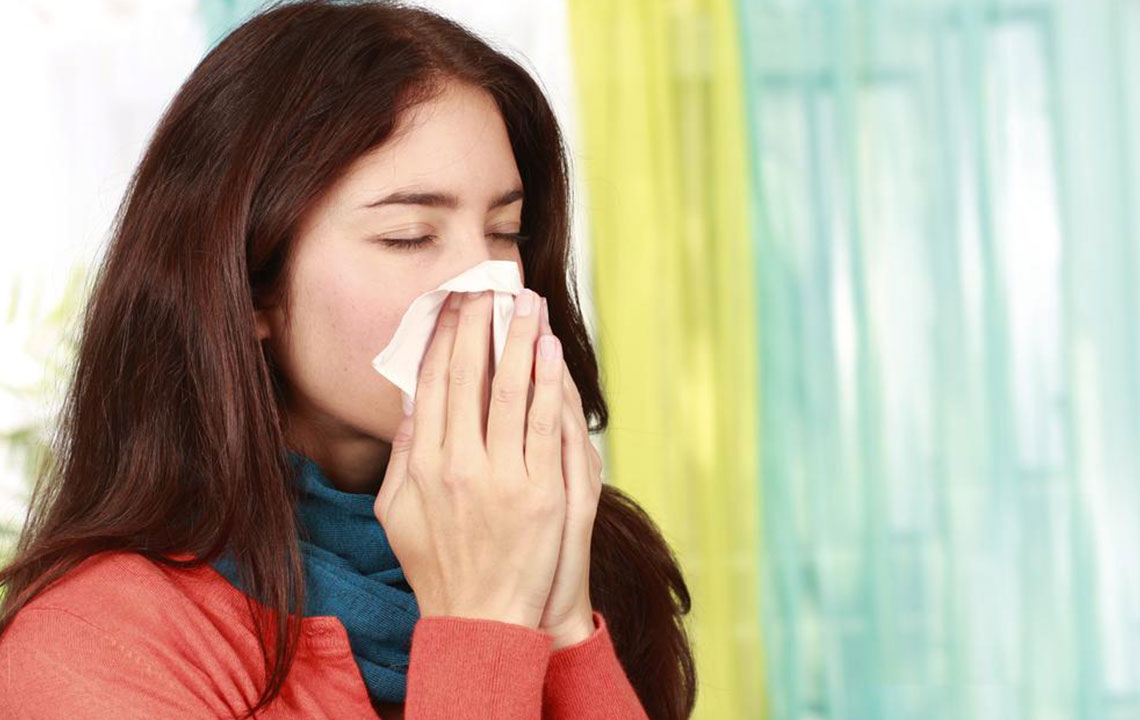Comprehensive Guide to Alleviating Sinus Problems Effectively
Discover comprehensive strategies to effectively treat and prevent sinus issues. Learn about lifestyle changes, natural remedies, and medical options to maintain clear sinuses and improve respiratory health. This guide offers practical tips suitable for all seasons to help manage sinus discomfort and avoid recurrent infections, ensuring better quality of life and comfort.
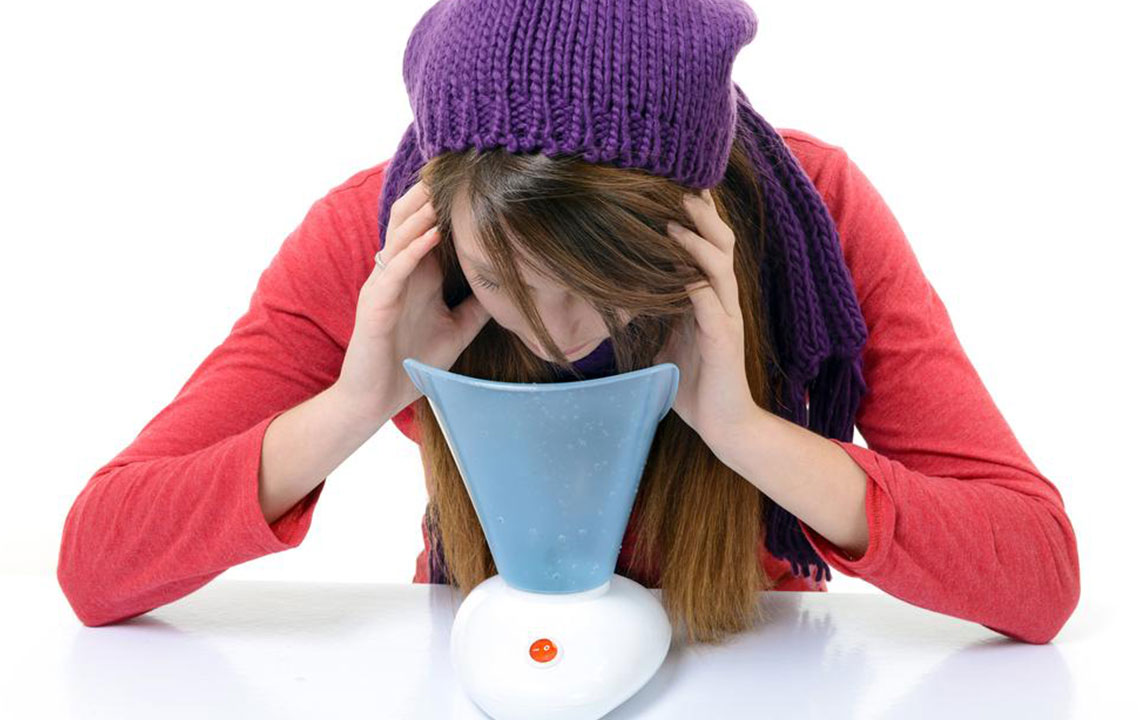
Comprehensive Strategies to Alleviate Sinus Problems Effectively
Sinus infections are common health issues that can significantly impact daily life, causing discomfort, pain, and persistent congestion. These infections primarily result from the buildup of bacteria and mucus within the sinus cavities, leading to symptoms such as nasal congestion, headaches, facial pressure, and a runny nose. Addressing sinus issues promptly and effectively requires an understanding of their underlying causes and implementing suitable remedies. Fortunately, a variety of proven strategies exist to alleviate sinus discomfort and prevent recurring problems, helping individuals enjoy better respiratory health and overall well-being.
In this comprehensive guide, we will explore an array of practical and scientifically supported methods to relieve sinus issues, emphasizing preventive measures, lifestyle modifications, and medical interventions. Whether you are dealing with recurrent sinus infections or occasional sinus discomfort, adopting these approaches can help you manage symptoms more effectively and maintain healthier sinuses throughout the year.
Preventive Measures to Reduce Sinus Problems
Annual Flu Vaccination and Immunizations
One of the most effective ways to prevent sinus infections, especially those caused by viral illnesses, is to receive your yearly flu shot. Health authorities worldwide recommend annual influenza vaccination as it significantly reduces the risk of catching the flu, which can often lead to secondary bacterial sinus infections. Staying up to date with vaccinations not only protects your respiratory health but also helps lessen the burden on healthcare systems during flu seasons.
Adopting a Nutritious Diet and Staying Active
Maintaining a healthy, balanced diet rich in vitamins, antioxidants, and immune-boosting nutrients plays a vital role in strengthening your body's defenses against infections. Incorporate plenty of fruits, vegetables, lean proteins, and whole grains into your daily meals. Regular physical activity, such as brisk walking, yoga, or swimming, enhances circulation and boosts immune function, making it easier for your body to fight off viruses and bacteria that cause sinus issues.
Moisturizing Indoor Air with Humidifiers
Dry indoor air, particularly in winter or arid climates, can cause the sinus lining to dry out and become more susceptible to irritation and infection. Using a humidifier adds moisture to the air, helping to keep nasal passages moist and reducing congestion. To ensure safety and effectiveness, clean your humidifier regularly to prevent the growth of mold and bacteria, which could worsen sinus problems.
Managing Allergens by Sealing Windows
During high pollen seasons, outdoor allergens can enter your home through open windows, triggering allergic reactions that often lead to sinus congestion and inflammation. Keep windows closed during peak pollen times and consider using air purifiers with HEPA filters to trap airborne allergens. Additionally, showering and changing clothes after outdoor activities can help minimize pollen exposure indoors.
Reducing Dust and Mold Accumulation
Dust, mold, pollen, and pet dander are common allergens that exacerbate sinus issues. Regular cleaning, using hypoallergenic bedding, and employing dust-proof pillowcases can decrease allergen buildup. Vacuuming with HEPA filters and cleaning carpets and curtains frequently can further reduce airborne irritants. Maintaining a clean living space creates an environment conducive to healthier sinuses.
Seeking Medical Advice for Persistent or Severe Sinus Symptoms
If sinus symptoms persist beyond a week or worsen over time, consult a healthcare professional. Accurate diagnosis is crucial to differentiate between viral and bacterial sinus infections. Bacterial infections may require antibiotics, while viral cases typically improve with supportive care. Medical consultation ensures appropriate treatment, preventing complications and recurrent infections.
Additional Tips for Sinus Relief
Proper Nasal Hygiene Practices
Using saline nasal sprays or rinses can help flush out mucus, allergens, and irritants from nasal passages. Gentle nasal irrigation with a neti pot or sinus rinse can soothe inflamed tissues and improve airflow.
Applying Warm Compresses
Warm compresses on the face, particularly over the cheeks and forehead, can help relieve sinus pressure and promote drainage of the sinuses.
Stress Management
Chronic stress can weaken your immune system, making you more susceptible to sinus infections. Incorporating relaxation techniques such as meditation, deep breathing, or hobbies can bolster your immunity and overall health.
Maintaining Adequate Hydration
Drinking plenty of water thins mucus secretions, facilitating drainage and reducing congestion. Proper hydration also supports overall health and immune function.
Medical Treatments for Severe Sinus Issues
When lifestyle and home remedies are insufficient, medical interventions may be necessary. These include:
Medications
Decongestants, antihistamines, nasal corticosteroids, and pain relievers can manage symptoms effectively. Always follow your healthcare provider’s instructions and avoid overuse of nasal decongestant sprays, which can cause rebound congestion.
Surgical Options
For chronic or blockages caused by structural issues such as deviated nasal septum or nasal polyps, surgical procedures like functional endoscopic sinus surgery (FESS) may be recommended to restore normal sinus drainage and airflow.
In conclusion, adopting a comprehensive approach that combines preventive strategies, lifestyle modifications, and medical interventions can significantly improve sinus health. Regular care and prompt treatment are key to avoiding recurrent infections and maintaining clear, healthy sinuses. Stay proactive about your respiratory health by incorporating these effective measures into your daily routine and consulting healthcare professionals when necessary.
